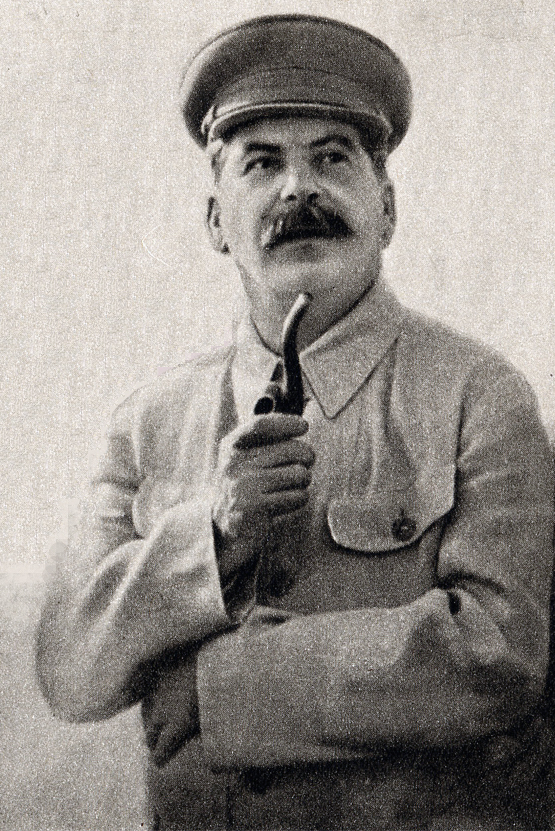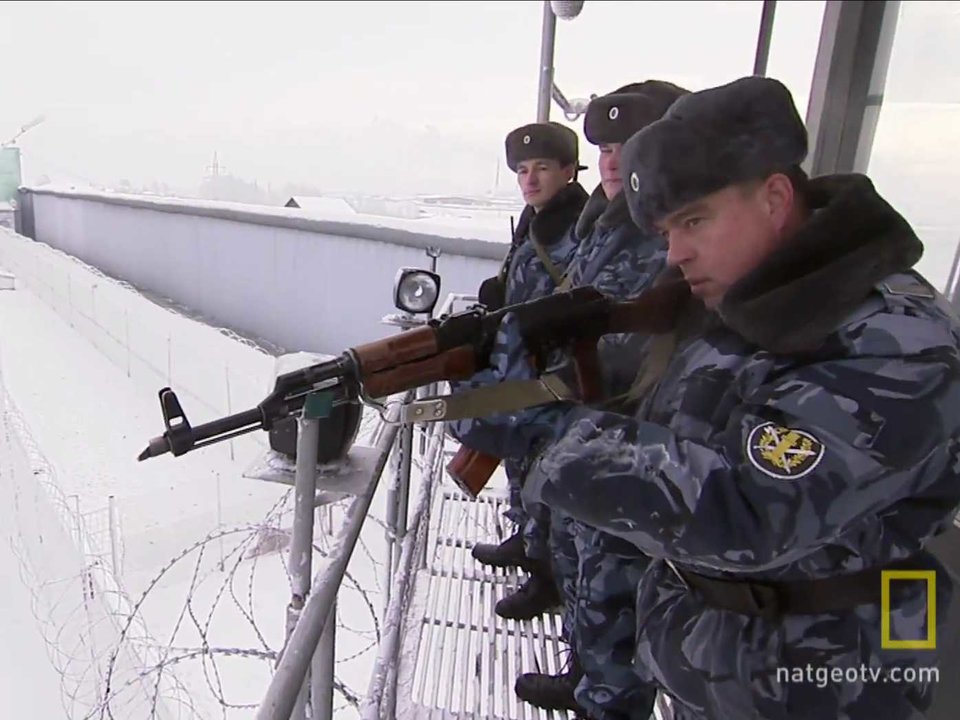Apparently, a lot of potential Democratic party voters have stated in a recent poll that their most important concern is nominating a candidate for president who can defeat Trump because they think he’s particularly dangerous. Political analyst, Kim Iversen, explains in this video that the most dangerous behavior that a president can exhibit is killing. Given that a president has the most power in his/her role as Commander in Chief, his/her decision of whether to unleash the U.S. military on human beings anywhere in the world who are perceived as enemies or to talk to them is a critical criteria for determining how dangerous they are. Based on that criteria, Trump has actually been less dangerous than other presidents who had a more pleasant and less volatile demeanor. She encourages potential Democratic voters to think more deeply about the Democratic contenders for the 2020 presidential nomination and whether they are potentially much more dangerous than Trump.
I totally agree with Iversen. But I fear that most people will not use her criteria in making voting decisions. The death and destruction that our president may rain down on other human beings via our military typically happens on the other side of the world and – thanks to a craven media – we hardly ever see the image of the results. Also, only a small percentage of the population is affected by these wars due to the volunteer military force. Therefore, the death and destruction becomes an abstraction that does not resonate and does not factor into voting decisions the way that immediate issues like health care and jobs do. I sincerely hope I’m wrong about this and would like as many people as possible to hear Iversen’s well-articulated argument.
As we all know by now, the Mueller Report found no evidence to support the allegation that Trump colluded with Russia to win election as president. However, it continued to claim that the Russian government interfered in our election, which is being repeated everywhere as flat fact. However, veteran Russiagate journalist, Aaron Mate – who systematically debunked a lot of the collusion nonsense in real time – takes a deep dive into this claim as well. A summary of points from his lengthy article for Real Clear Investigations includes:
- The [Mueller] report uses qualified and vague language to describe key events, indicating that Mueller and his investigators do not actually know for certain whether Russian intelligence officers stole Democratic Party emails, or how those emails were transferred to WikiLeaks.
- The report’s timeline of events appears to defy logic. According to its narrative, WikiLeaks founder Julian Assange announced the publication of Democratic Party emails not only before he received the documents but before he even communicated with the source that provided them.
- There is strong reason to doubt Mueller’s suggestion that an alleged Russian cutout called Guccifer 2.0 supplied the stolen emails to Assange.
- Mueller’s decision not to interview Assange – a central figure who claims Russia was not behind the hack – suggests an unwillingness to explore avenues of evidence on fundamental questions.
- U.S. intelligence officials cannot make definitive conclusions about the hacking of the Democratic National Committee computer servers because they did not analyze those servers themselves. Instead, they relied on the forensics of CrowdStrike, a private contractor for the DNC that was not a neutral party, much as “Russian dossier” compiler Christopher Steele, also a DNC contractor, was not a neutral party. This puts two Democrat-hired contractors squarely behind underlying allegations in the affair – a key circumstance that Mueller ignores.
- Further, the government allowed CrowdStrike and the Democratic Party’s legal counsel to submit redacted records, meaning CrowdStrike and not the government decided what could be revealed or not regarding evidence of hacking.
- Mueller’s report conspicuously does not allege that the Russian government carried out the social media campaign. Instead it blames, as Mueller said in his closing remarks, “a private Russian entity” known as the Internet Research Agency (IRA).
- Mueller also falls far short of proving that the Russian social campaign was sophisticated, or even more than minimally related to the 2016 election. As with the collusion and Russian hacking allegations, Democratic officials had a central and overlooked hand in generating the alarm about Russian social media activity.
- John Brennan, then director of the CIA, played a seminal and overlooked role in all facets of what became Mueller’s investigation: the suspicions that triggered the initial collusion probe; the allegations of Russian interference; and the intelligence assessment that purported to validate the interference allegations that Brennan himself helped generate. Yet Brennan has since revealed himself to be, like CrowdStrike and Steele, hardly a neutral party — in fact a partisan with a deep animus toward Trump.
None of this means that the Mueller report’s core finding of “sweeping and systematic” Russian government election interference is necessarily false. But his report does not present sufficient evidence to substantiate it.
On July 9th, Mate tweeted out the following details on a ruling just made by a federal judge in DC regarding whether Mueller adequately made the case of the IRA – a St. Petersburg-based troll farm that put out click-bait on various social media platforms in 2016 – being connected to the Russian government:
Federal judge has issued a significant rebuke of a core Mueller claim. Mueller claims that the IRA — a Russian troll farm — was the 2nd of “two principal interference operations” by Russian gov’t. But as judge notes, Mueller’s implied link between IRA & Russian gov’t was false:
This is a major blow not just to Mueller but to the entire “Russian Active Measures” talking point. As the judge acknowledges, the IRA (which, btw, put out juvenile clickbait mostly unrelated to the election) is a private entity & Mueller never establishes a Kremlin connection.
This inconsistency, confirmed by a DC judge, raises new Qs about the validity of Mueller’s claim of a “sweeping and systematic” Russian gov’t interference campaign. If Mueller was disingenuous in falsely trying to link it to Russian gov’t, what else was he disingenuous about?
Here is the DC Judge’s order that I’m quoting from. Judge rebukes Mueller & DOJ for falsely suggesting a link between IRA & Russian government, and for suggesting that IRA carried out a Kremlin “Active Measures” campaign — a “central” Mueller allegation: https://assets.documentcloud.org/documents/6185644/Sealed-Order.pdf …
And Russia-based journalist Bryan MacDonald tweeted on July 8th that Russian news agency Tass is reporting that Ukrainian president Zelensky is requesting multi-lateral talks with Russia, US, UK, Germany and France regarding the Donbas conflict:
New Ukrainian President Zelensky has proposed settlement talks with Putin on Crimea & Donbas. He wants the summit held in Minsk with Trump, Merkel, Macron & the next UK PM present. The Kremlin says it will consider the offer.
Meanwhile, a defense magazine is reporting that the U.S. is retrofitting Ukrainian naval ports to accommodate U.S. and NATO warships just miles away from Crimea:
Centered at the Ochakiv Naval Base and the military facility at Mykolaiv — 40 miles east of Odessa and less than 100 northwest of Crimea — the American-funded effort includes reinforcing and upgrading existing piers and adding a new floating dock, security fencing around the bases, ship repair facilities, and a pair of brand-new Maritime Operations Centers from which Ukrainian and NATO forces can direct exercises and coordinate activities….
…While Ukraine isn’t a NATO member, it does receive training from NATO forces and is currently hosting the annual Sea Breeze exercise that includes US and allied warships and several hundred Marines….
…Romania, which sits just 150 miles across the water from Crimea, is buying the Patriot air defense system from the US, and Romanian and American forces recently held a series of air defense drills in the Black Sea that simulated shooting down drones.


